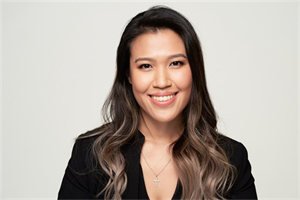In Australia and following the irretrievable breakdown of a relationship, parenting arrangements should be attended to as soon as possible alongside divorce and property settlement. The rules surrounding parenting arrangements operate on the principle of adhering to the best interests of the child.

Custody vs care
Custody (or parental responsibilities) differ from primary care. The primary caretaker of the child is the person with whom the child lives predominantly following the separation/divorce. Parental responsibility refers to the legal right by a parent to participate in the child’s upbringing, education, immigration and other legal procedures.
For example, an infant girl who lives with her mother on a full time basis because her mother is the primary caretaker – her father, however, still has the right to see her and, in most situations, is still required by law to be a signatory in almost everything the infant girl does in future i.e. the father’s consent is still necessary.
100% custody is rare and rarely awarded
It is almost impossible for the Australian Family Courts to award 100% custody to any parent because it is against the best interest of the child to prevent him/her to see his/her biological parents unless the circumstances are extraordinary.
Parental responsibilities are almost always shared
Due to reasons mentioned above, parental responsibilities are almost always shared, with primary care being given to one party to facilitate the administration of the child’s care.
Siblings are never separated
The Australian family law regime recognises the paramountcy of keeping siblings together and would never allow siblings to be separated, quite different from certain Asian countries where it is common for siblings to be split up so both parents receive their ‘fair share’ of children.
Infants/toddlers
The primary care of infants and toddlers would almost always go to the mother due to their need to be breastfed.
Children in their adolescence
Upon reaching adolescence, the children could indicate their own preference as to who should be the parent to provide primary care to them. The Australian family law regime recognises that children in this age group have sufficient cognitive capacity to adopt a preference and it is against his/her best interest to force him/her to live with a parent s/he clearly rejects.
Prohibition of contact
As mentioned above, it is rare if not almost impossible for a parent to be prevented from seeing his/her child. In our experience, even parents with sensitive backgrounds and professions (i.e. sex workers; intelligence personnel; former criminals etc) could be awarded parental responsibilities as long as s/he could satisfy the court that s/he is a caring parent (which is not a difficult exercise).
Prohibition of contact could really be achieved if the said parent could reasonably or definitively cause harm to the child, such as:
-if s/he had been convicted of child sexual offences
-if s/he has a propensity for extreme violence
-if s/he had never participated in the upbringing of the child
-if s/he has serious mental health issues
If you are confronted by problems relating to parental responsibilities, please 联系我们 for legal assistance.






